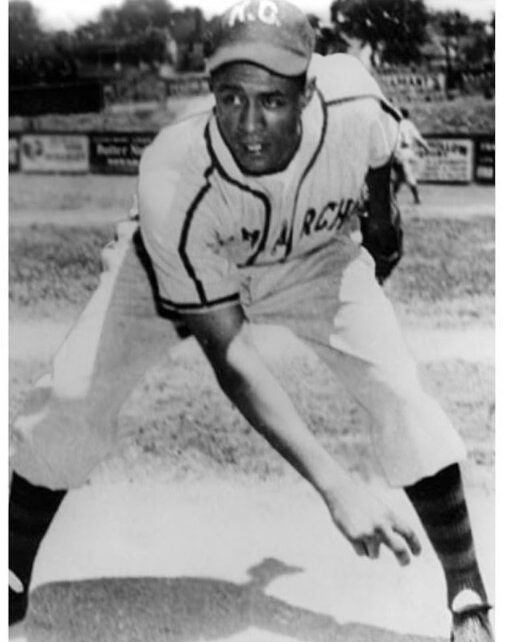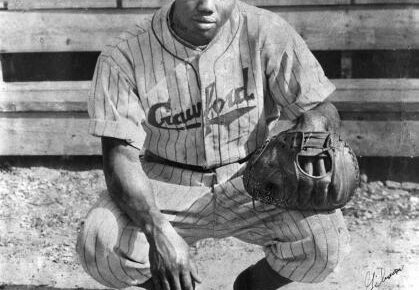By the time he made affiliated baseball in 1952, Chet Brewer was already 45 years old. The former Negro Leaguer was chosen to be player-manager for the Riverside-Ensenada Comets who over the course of the season would become the Riverside-Porterville Comets and then just the Porterville Comets. Brewer was brought into the Southwestern International League to field a gimmick all-black team. In true Chet Brewer fashion, he refused to treat the team as a gimmick and as the 45-year-old put up a 3.38 ERA over 96.0 innings. His season with the Comets was Chet Brewer in a nutshell; a guy who just wanted to play baseball no matter the situation.
Throughout his career, Brewer did just that. He played the game of baseball in America, Cuba, Mexico, Canada, Puerto Rico, and more. It’s hard to piece together Brewer’s entire professional career because he spent so much time playing in leagues that didn’t do the best to document their results or simply lost them after the fact. We know more than enough to know that Brewer was great. He was an unheralded pitcher and not just in the way I usually write about unheralded Negro League players. The fireballer was unheralded in the Negro Leagues themselves, often an afterthought due to pitching alongside the likes of Satchel Paige and Bullet Rogan. It’s hard to stand out when your teammates are two of the best to ever play the game, but it’s clear that Brewer was consistently one of the best pitchers in the Negro Leagues.
Brewer was at his absolute best in 1929 for a dominant Kansas City Monarchs ballclub. That season the Monarchs cruised to both the first and second half titles in the Negro National League. They were loaded with talent, including the aforementioned Rogan, and the quartet of Brewer, William Bell, Andy Cooper, and Army Cooper (no relation) formed one of the best pitching cores in major league history. Brewer was the staff ace, as evidenced by his 1.93 ERA in 149.0 innings pitched. He led the NNL with an ERA+ of 221 and bolstered that with a WHIP of 0.960. For the era and style of play, he had a low BB% of 6.7 and was above league average with his 11.0 K%.
Brewer’s career mirrored the above at every stop. He was a winner who did great things on the ball field. He just happened to be constantly overshadowed by one teammate after another. Even in years where he was clearly better, it’s Brewer who ended up getting the short end of the stick. We don’t know specifically why this is, but digging into who Chet Brewer was as a person it makes more sense that he would play second fiddle all the time. Brewer loved to teach the game of baseball and spent most of his career mentoring younger players. As soon as he had established himself as a big leaguer he took on the role of teacher to any player willing to listen. Being more than willing to help others get better often meant that the on-the-field skills Brewer possessed were overlooked in favor of louder and flashier players.
Brewer never made it far in affiliated baseball, though he did enjoy a long career as a scout for the Pittsburgh Pirates. The truth is that Brewer never needed affiliated baseball, he just needed baseball, period. The game was more important to Brewer than whichever league he was in at the time. That’s how he ended up so well-traveled and why teaching came so easily to him. Making others better at the game he loved mattered more to Brewer than personal glory ever did. All the same, personal glory did come to Brewer. He deserves to be remembered as one of the best pitchers of the 1920s through 1940s just as much as he is remembered for being a great teammate and mentor to young talent.
Lead photo courtesy of Unknown – Unknown





One Reply to “Brewing Up a Good Career”